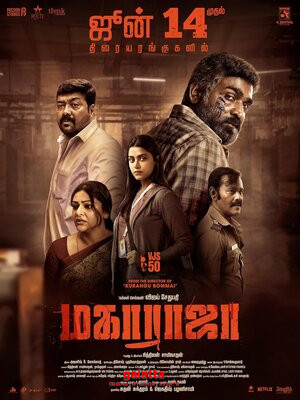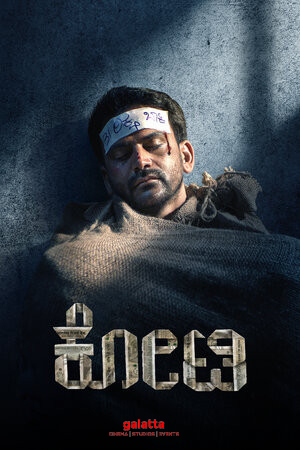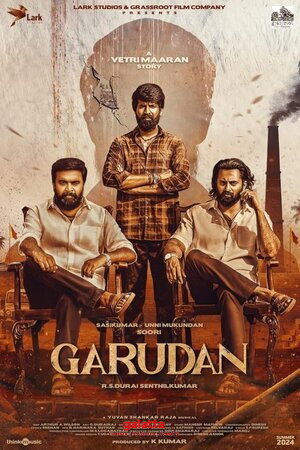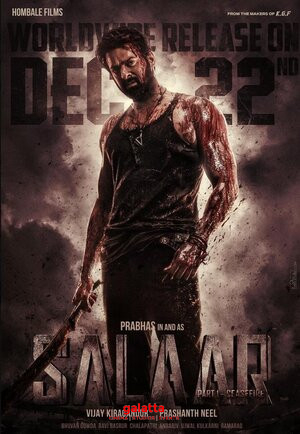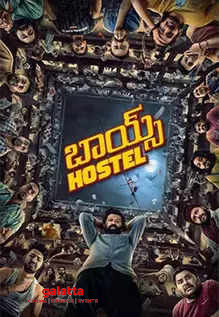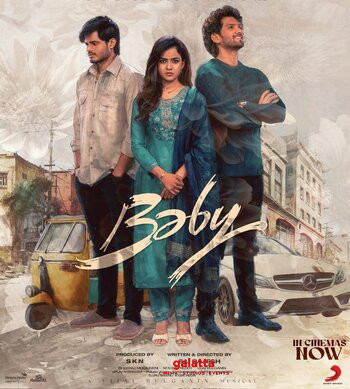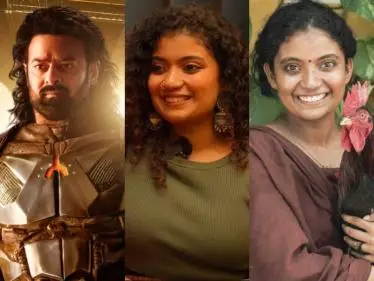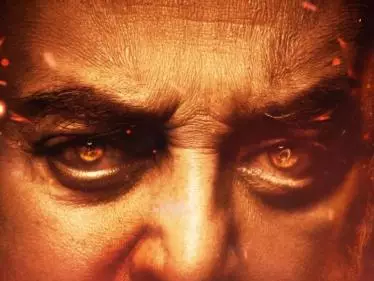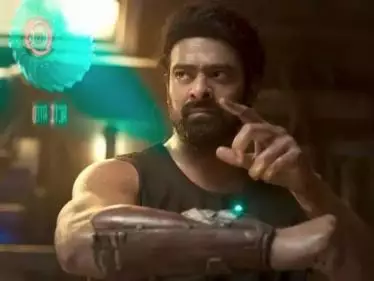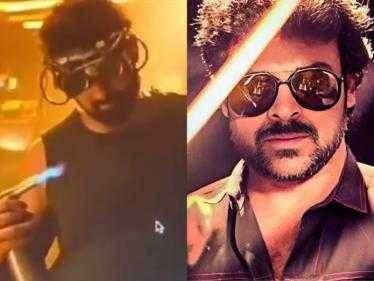Kalki 2898 AD Movie Cast & Crew
From his first film, Nag Ashwin has wanted to be different. Yevade Subramanyam, the first Telugu movie shot at the Everest, was about a story you usually don’t find in Telugu movies – and even if you do, certainly not made on this scale. It was about a materialistic man questioning his life. Nag’s second film was, in some ways, even more ambitious. In an era with short attention spans and where no one remembers what happened five minutes ago, he made Mahanati and took us back to the decades-old actor Savitri. Then came the episode titled xLife in the Netflix anthology Pitta Kathalu, where Nag examined the impact of virtual reality on human relationships. And now we have the writer-director’s most ambitious project, Kalki 2898 AD: it has the philosophical undertones of Yevade Subramanyam, the recreation of the past from Mahanati, and the futuristic spectacle of xLife. In a way, you could say Nag Ashwin has been working towards this movie all his career.
Kalki appears to be a mad mix of all that Nag has seen, heard, read – from the stories he probably got to know from his grandmother and Amar Chitra Katha to the Star Wars movies to other dystopian, sci-fi Hollywood epics. For instance, what if you combined the DNA of Ashwathama from the Mahabharata with that of a Terminator? What if the ancient warrior were to become a relentless fighting machine, someone who cannot be destroyed and just keeps coming after you? This is the most fascinating aspect of Kalki, this mixture of mythology and modern-day action cinema. And Amitabh Bachchan just rocks as Ashwathama. He owns the movie simply because his character is the only one – at least in this first part of the Kalki universe – that has been written with some depth, some sadness, some unfinished business, some sense of destiny. He makes every second of screen time count.
The rest of Kalki is hit and miss. The concept – myth plus modernity – is fantastic, and the reveal at the end is very satisfying. But the writing doesn’t measure up to the technical departments. The costume design (especially for Ashwathama), the production design (especially for the womb-like space inhabited by the Kamal Haasan character), the visual effects, the cinematography (especially the depiction of Lord Krishna entirely in silhouette), Santhosh Narayanan’s offbeat score (especially the use of the sound of water drops during an action sequence) – everything is in sync with a bigger vision, the vision inside Nag’s head. But with the exception of Ashwathama, none of the characters make us care about their fate. Deepika Padukone is the crux, the mother figure – but her character, Sumati, is so flatly written that the question of her life and death does not involve you at all.
I am not asking for an enormous backstory. Take the Charlize Theron character from Mad Max: Fury Road. For the longest time, she is a generic action heroine – but then, the screenplay takes a few minutes, just a few minutes, to establish where she came from, the fact that she was kidnapped, and this – retroactively – tells us why she is helping all those pregnant women. I understand that Kalki is just Part 1, and maybe Sumati will get more shades and depth in future instalments. But as of now, we have just this one movie, and it’s filled with chalk outlines that will (hopefully) be fleshed out in the forthcoming films. And it’s very difficult to care about chalk outlines. Prabhas plays a bounty hunter who only cares about money, and this casual character (called Bhairava) is dragged on for so long – he just keeps hanging around – that we get impatient, waiting for him to actually do something. And without good character writing, it’s hard to get good performances.
The basic good-versus-evil story shuttles between two worlds: Kashi, where the evil rulers are, and Shambala, which is home to the rebel base. Will Sumati, who is trapped in Kashi and very important to the future of Shambala, manage to escape? That is the base on which Kalki is built. The female character you end up rooting for, instead, is played by Shobana. She is a generic presence, too, but something – maybe it’s just screen presence – clicks. There are many cameos, but apart from the fun aspect of star-watching, they yield very little. It’s fun to watch Kamal Haasan play the villain, but he gets so little screen time that we feel no threat, no menace until the very end. It’s all a build-up for Part 2. There’s a little girl who’s mistaken for a boy, but again, we’ll have to wait and see what this character means in the larger scheme of things. Even the much-publicised car-cum-companion, Bujji, doesn’t get to do much. She should have been an R2-D2. She’s just used for a few wisecracks.
The first half is sluggish and even if you give allowance that there is a world being built, we don’t see that much that’s new. There is no tension, no urgency – there’s no sense of the scenes building towards something. They exist as individual standalone bits, and there’s a disjointed feel. And maybe this was a commercial decision, but the screenplay tries to feel both casual and epic, both comic and dramatic – and this mix doesn’t always work. If the second half picks up, it’s because of the non-stop action sequences. Finally, Kalki takes off, at least at the level of an exciting video game. The best stretch is the fight between Bhairava and Ashwathama, which showcases the theme of the film beautifully. Bhairava is all technology and holograms, while Ashwathama is all about brute strength and traditional action moves. Kalki is certainly a towering technical achievement, but I wished it had been an emotional achievement as well.


